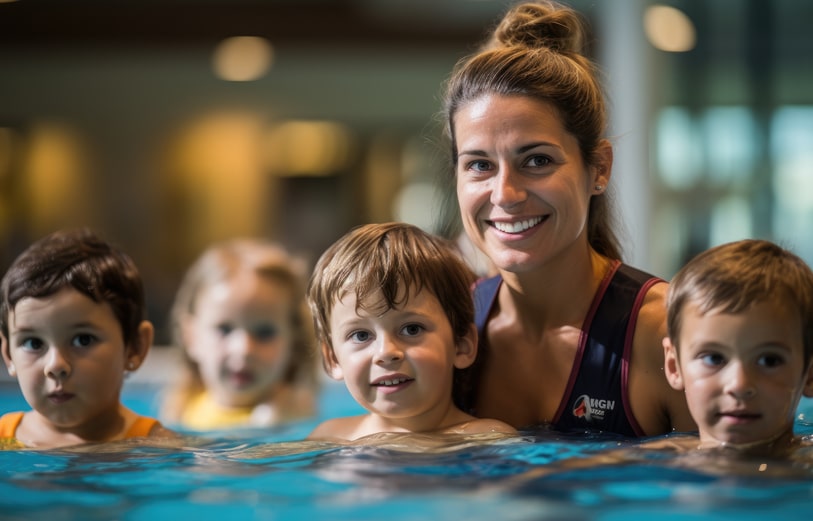Water Recreation Safety Tips Worthy of Your Consideration

A little preparation and awareness can go a long way in keeping you and your loved ones safe.
The rate of drownings in the U.S. is rising.
Water recreation safety should concern everyone. The Centers for Disease Control and Prevention (CDC) recently released a Vital Signs study. It reveals that over 4,500 people died due to drowning each year from 2020 to 2022, which is 500 more deaths per year compared to 2019.
The study shows that groups of individuals who are already at higher risk of drowning have experienced the greatest increases in drowning accidents. This includes children aged 1-4 years and adults aged 65 and older. In fact, drowning continues to be the leading cause of death for children aged 1-4 in the United States.
What can we do to make water recreation safer?
Water activities are especially popular throughout the summer, as we eagerly anticipate spending time at the pool, lake, or beach.
However, water recreation safety is crucial to ensure that these moments are enjoyable and free from tragedy.
Here are some practical guidelines to help you and your loved ones stay safe in and around the water.
- Learn to swim:
Learning to swim is the foundation of water safety. In fact, consider enrolling in swimming lessons if you or your children are not confident in the water. Proficiency in swimming can greatly reduce the risk of drowning and increase enjoyment of water activities. - Supervise children constantly:
Designate a responsible adult to always watch over children during water activities. Avoid distractions such as reading, phone use, or engaging in long conversations. Children can slip under the water quickly and silently, so constant vigilance is essential. - Use life jackets:
Life jackets are a must for non-swimmers and inexperienced swimmers, especially in open water. Ensure that the life jacket is Coast Guard-approved and fits properly. Remember, inflatable toys and water wings are not substitutes for life jackets. - Establish safety rules:
Set clear safety rules for swimming and enforce them consistently. These should include not running near the pool and not diving in shallow areas. The rules should also include always swimming with a “buddy” and avoiding water activities while consuming alcohol. - Know the weather and water conditions:
Check the weather forecast and water conditions before heading out to swim. Avoid swimming during storms or when there are strong currents. Pay attention to warning signs and flags indicating water safety conditions at the beach. - Fence your pool:
If you own a pool, installing a fence around it is a critical safety measure. The fence should be at least four feet high and have self-closing and self-latching gates to prevent access by children. Pool alarms and covers provide additional safeguards. - Avoid alcohol
Alcohol impairs judgment, balance, coordination, and can increase the risk of drowning. Avoid drinking alcohol before or during swimming, boating, and other water activities. - Stay within designated swimming areas:
When swimming in natural bodies of water, always stay within designated swimming areas marked by buoys or ropes. Trained personnel monitor these areas and deem them safe. Venturing outside these zones can expose you to deeper water, strong currents, and potential underwater hazards. - Learn CPR and First Aid:
CPR and First Aid can save a life in an emergency. Consider taking a CPR and First Aid certification course. Knowing what to do until professional help arrives can greatly improve the opportunity for survival after an accident.
Let’s make water recreation safety a priority!
Swimming and water activities are wonderful ways to exercise, socialize, and enjoy the summer. However, safety must always come first.
Whether at the pool, beach, or lake, following these precautions will help prevent accidents and allow you to make the most of your water recreation.
The Moultrie County Health Department wants you and your loved ones to stay safe, swim smart, and enjoy your time in the water!

